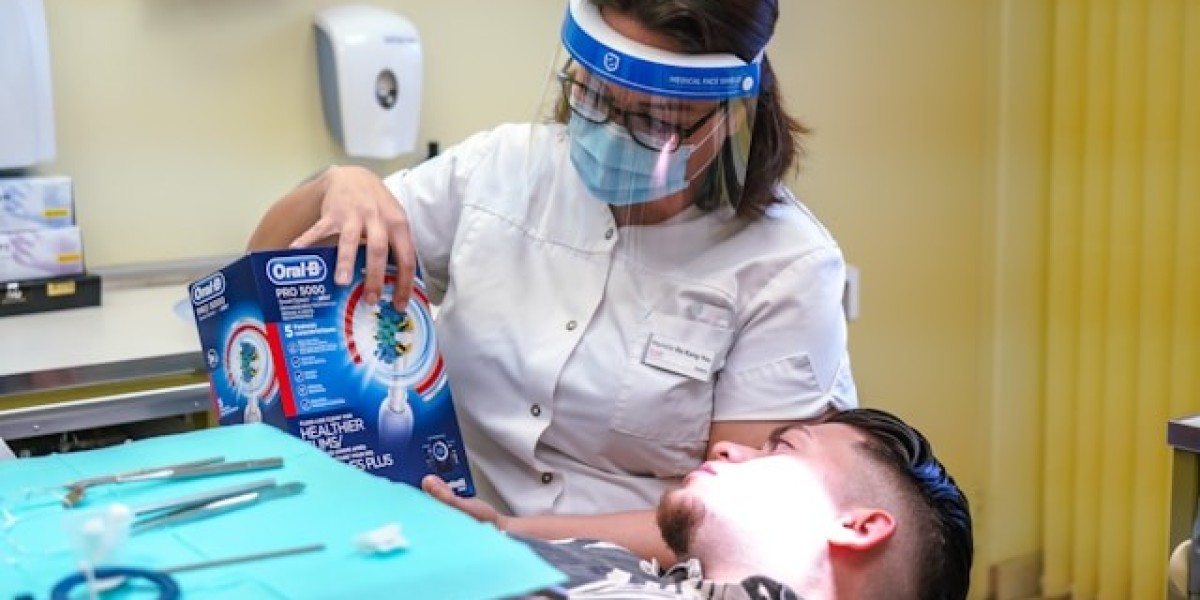Lie detector tests, also called polygraphs, have been in use for decades in criminal investigations, employment screenings, and even personal disputes. These tests purport to detect deception by monitoring physiological changes in heart rate, blood pressure, respiration, and skin conductivity. But the bottom line remains: Are lie detector tests accurate? This article delves into how polygraph tests function, their reliability, and the controversies surrounding their use.
A) How Lie Detector Tests Work:
Lie detectors work on the principle that physiological responses change when a person is being deceptive. A trained examiner asks a series of control and relevant questions while the subject is connected to the polygraph machine. The test measures three primary physiological responses:
1) Heart Rate and Blood Pressure:
Changes in cardiovascular activity can indicate stress or nervousness, which polygraph examiners interpret as potential deception.
2) Respiration Rate:
A lying position may cause an individual to breathe erratically due to involuntary physiological responses from anxiety.
3) Galvanic Skin Response (GSR):
Sweat tends to increase in nervous or stress-prone individuals, which impacts the conductibility of the skin and gives some possible indication as regards lying.
The polygraph examiner examines the data gathered to try to draw a conclusion as to whether the tested person is lying or telling the truth. Again, the issue here is as regards accuracy.
B) Are Lie Detector Tests Accurate?
Scientific debate continues on the accuracy of polygraph tests. While some proponents claim that they are accurate as high as 90%, critics say that the test is far from being foolproof. The reliability of the lie detectors varies depending on the following:
1) Physiological Variability:
Each person differs in his reaction to stressful situations. Some nervously respond even to a truthful answer and present a false positive. The sociopathic type may remain calm even when lying because of false negatives.
2) Examiner Bias:
The interpretation and hence the result of the polygraph test are not totally objective. Sometimes the degree of experience, training, and even subconscious bias of the examiner influence the result.
3) Countermeasures:
There is also the manipulation of physiological response from individuals for lie detector tests deceptions. Controlling the respiratory pattern, muscle tension, and mental distractions, for instance can make individuals get through with such a test successfully.
4) Questioning Techniques:
The manner in which questions are developed will also yield results. Posing unorganized tests leads to inconclusive answers or wrong readings.
C) Use of Lie Detector Test in Criminal Cases:
Lie detector tests are used by law enforcement agencies in some countries during investigations, but they are hardly ever admissible as evidence in court. The main reason is that they are not very reliable. Courts often require evidence that meets stringent scientific standards, and polygraph results do not always meet those requirements.
However, law enforcement sometimes uses polygraph tests as an investigative tool to elicit confessions. A suspect who fails a polygraph test might be more likely to admit guilt, even if the test itself does not conclusively prove deception.
D) The Role of Lie Detector Tests in Employment Screenings:
Some of the employers, especially in government agencies and the police departments, undertake polygraph tests as part of their hiring process, since it's believed that screening out criminal or devious individuals before they are entrusted into crucial positions might benefit the community at large.
The procedure has been found incorrect by critics, as there are chances of false positives. Candidates might be disqualified from their job without being properly recruited due to a false polygraph test despite their honesty. The accuracy and fairness of such tests have restricted or outlawed employment-related polygraph testing in certain countries.
E) Scientific Studies and Expert Opinions:
Numerous scientific studies have explored the validity of polygraph tests. There has been mixed and contrasting results on its validity. NAS performed a study in 2003 where they established that, compared to chance, polygraphs were good in detecting deception, though still a far cry from infallibility. Moreover, it brought forth the point that polygraph accuracy differs based on the application scenario.
Meanwhile, the American Psychological Association is considered to label that polygraphs cannot rely enough to be an original method for lie detection. Physiological responses do indicate stress or nervousness but are not a proof of deception.
F) Alternative Technologies for Lie Detection:
In light of these limitations in polygraph tests, scientists have been researching alternative technologies for lie detection:
1) Brain Imaging (fMRI):
Functional magnetic resonance imaging (fMRI) has been used to study the pattern of brain activity involved in deception. In some research, specific patterns of brain areas have been associated with individuals lying. However, fMRI-based lie detection remains more as a laboratory experiment than an applied tool.
2) Voice Stress Analysis (VSA):
This method measures changes in a person's voice, such as pitch and tremors, that may indicate stress or deception. However, studies have shown mixed results regarding its accuracy.
3) Artificial Intelligence (AI) and Machine Learning:
AI-driven algorithms are being developed to analyze patterns in speech, facial expressions, and physiological responses. While promising, these methods require further validation before they can replace traditional lie detection techniques.
G) Ethical and Legal Concerns:
The application of lie detector tests brings about ethical and legal issues mainly because of the infringements on individuals' privacy and human rights. Some of them include:
1) False Accusations:
A person wrongly identified as having been deceptive can be made to face serious repercussions, such as losing his job or getting into legal trouble.
2) Coercion:
Some people might be forced to take the test whether its results are accepted in court or not.
3) Privacy Violations:
Polygraph tests involve the examination of personal emotions and physiological responses, raising issues about privacy rights.
The Final Words:
Are lie detector tests accurate? The answer is not straightforward. Although polygraph tests can detect some changes that may be associated with deception, the tests are not foolproof. This makes such detectors infallible. Reliability of lie detectors among scientists, legal experts, and psychologists remains debated and has led to its restrictions and use in many contexts.
Although polygraphs remain a tool for investigations and screenings, their accuracy is far from perfect. As technology advances, alternative lie detection methods may offer more reliable solutions in the future. Until then, it is crucial to approach polygraph results with caution and understand their limitations in determining the truth.









